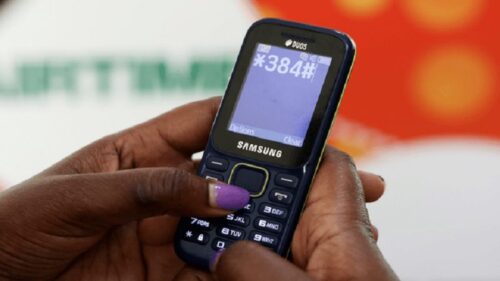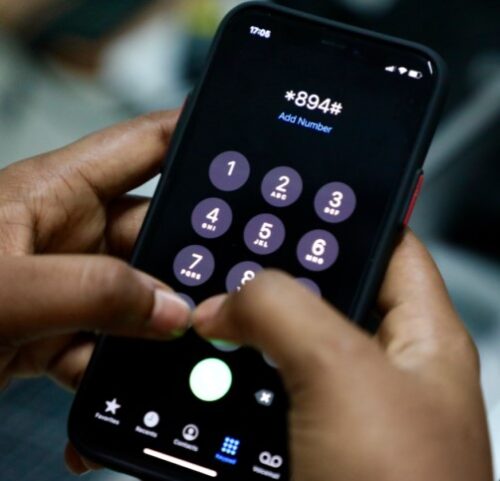Over the past weeks, several Nigerian banks have initiated payments to telecommunications companies in response to a N160 billion Unstructured Supplementary Service Data (USSD) debt, following a January 27 disconnection deadline issued by the Nigerian Communications Commission (NCC). The debt, which has accumulated since 2019, involves nine banks: Fidelity Bank Plc, First City Monument Bank (FCMB), Jaiz Bank Plc, Polaris Bank Limited, Sterling Bank Limited, United Bank for Africa (UBA) Plc, Unity Bank Plc, Wema Bank Plc, and Zenith Bank Plc.

A notice from the NCC on January 15 warned that the USSD services of these banks would be disconnected unless payments were made by January 27. Since the announcement, at least five of the banks have reportedly taken steps to settle their debts. A source within the NCC confirmed the progress, stating, “Only four or fewer banks are yet to pay. The banks have been responding since the notice was published.” This claim was further corroborated by another industry insider, who noted that while some payments have been made, the banks still owe telecom operators a significant portion of the debt.

The industry experts anticipate that additional banks will settle their outstanding amounts to avoid the disconnection of their USSD services. The NCC has emphasized its intention to follow through on the disconnection notice if any bank remains non-compliant.
Speaking on the matter, Reuben Muoka, Director of Public Affairs at the NCC, stated that clarity on the situation would emerge once the deadline passes. He reaffirmed the commission’s commitment to implementing its notice if the debts are not fully addressed. The N160 billion owed by the banks represents fees for USSD services provided by telecommunications companies. The dispute between the banks and telcos over USSD charges has been ongoing for years, with both sides occasionally trading accusations over payment structures and responsibilities.
The NCC’s firm stance on this issue highlights the importance of resolving these financial obligations to ensure continued cooperation between the banking and telecommunications sectors, which rely on USSD technology to facilitate millions of financial transactions daily.



